Aging is an inevitable biological process that is characterized by a progressive decline in physiological functions and an increased susceptibility to age-related diseases. Although aging is a complex and multifactorial process, accumulating evidence suggests that the activation of sirtuin genes may play a critical role in slowing the aging process. In particular, resveratrol, a natural polyphenol found in various plants, has been shown to activate sirtuin genes and exert anti-aging effects in a variety of experimental models. In this article, we will review the current understanding of the molecular mechanisms underlying the resveratrol-mediated activation of sirtuin genes and its potential implications for slowing the aging process.
Sirtuins are a family of NAD(+)-dependent deacetylases that have been implicated in a wide range of cellular processes, including DNA repair, metabolism, and stress response. The sirtuin family consists of seven members (SIRT1-7), with SIRT1 being the best-characterized member. SIRT1 has been shown to play a critical role in the regulation of aging and age-related diseases. In particular, the activation of SIRT1 has been shown to increase lifespan in various model organisms, including yeast, flies, and mice.
Resveratrol is a natural polyphenol found in various plants, including grapes, peanuts, and berries. Resveratrol has been shown to activate SIRT1 and other sirtuins, which has been proposed to underlie its anti-aging effects. The mechanism of resveratrol-mediated activation of sirtuins is complex and not fully understood. One proposed mechanism is that resveratrol activates SIRT1 by binding to and stabilizing the interaction between SIRT1 and its substrate, leading to increased deacetylation activity. Another proposed mechanism is that resveratrol activates SIRT1 by increasing the cellular levels of NAD(+), which is required for SIRT1 deacetylase activity.
Several studies have demonstrated the anti-aging effects of resveratrol in various experimental models. In a study published in Nature in 2006, resveratrol was shown to extend the lifespan of yeast cells by up to 70%. In another study published in Cell in 2012, resveratrol was shown to extend the lifespan of mice fed a high-fat diet by up to 30%. The anti-aging effects of resveratrol have been attributed to its ability to activate SIRT1 and other sirtuins, which have been shown to regulate a variety of cellular processes, including mitochondrial biogenesis, oxidative stress, inflammation, and apoptosis.
Despite the promising results of experimental studies, the clinical translation of resveratrol as an anti-aging agent has been limited by several factors, including its low bioavailability, dose-dependent toxicity, and lack of specificity for sirtuins. Several approaches have been proposed to overcome these limitations, including the development of more potent and specific sirtuin activators, the use of prodrugs or nanoparticles to improve bioavailability, and the identification of biomarkers to monitor the effectiveness of resveratrol therapy.
In conclusion, the activation of sirtuin genes, particularly SIRT1, has emerged as a promising target for slowing the aging process and preventing age-related diseases. Resveratrol, a natural polyphenol found in various plants, has been shown to activate sirtuin genes and exert anti-aging effects in various experimental models. Although the clinical translation of resveratrol as an anti-aging agent has been limited by several factors, further research is warranted to explore the potential of resveratrol and other sirtuin activators as novel anti-aging therapies.
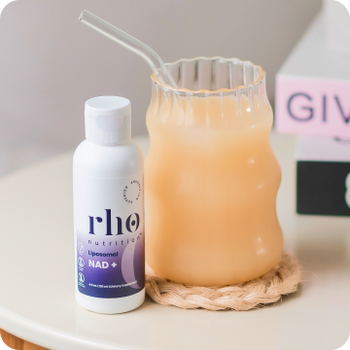

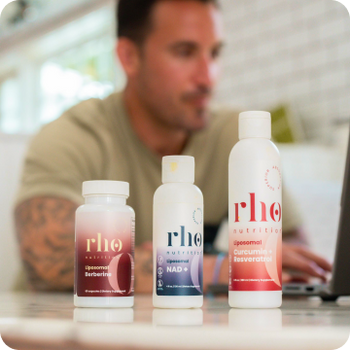
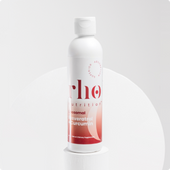
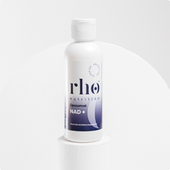
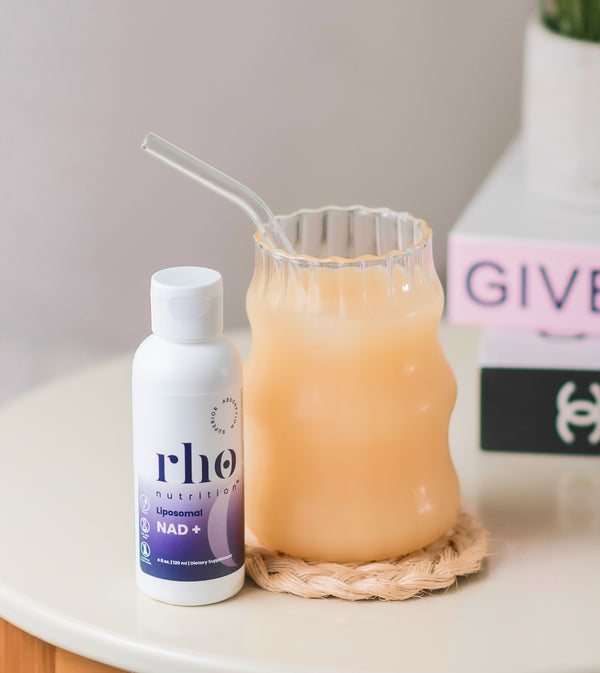

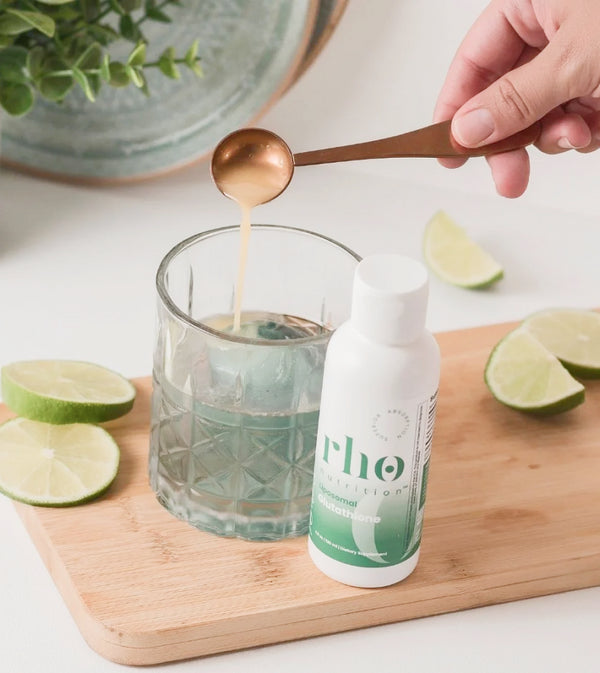
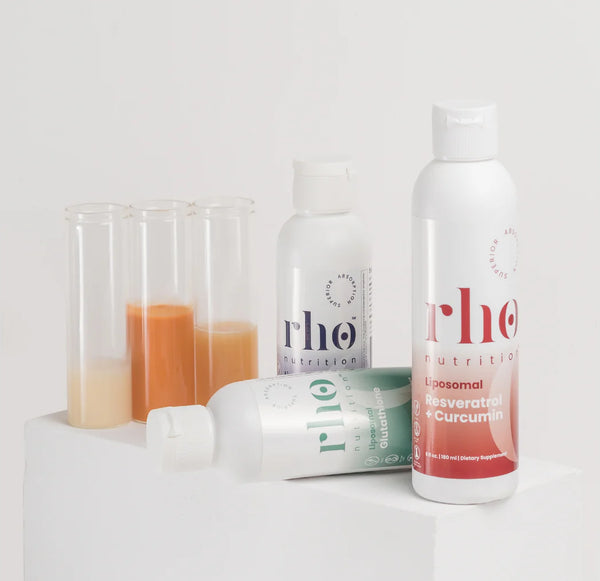




Leave a comment